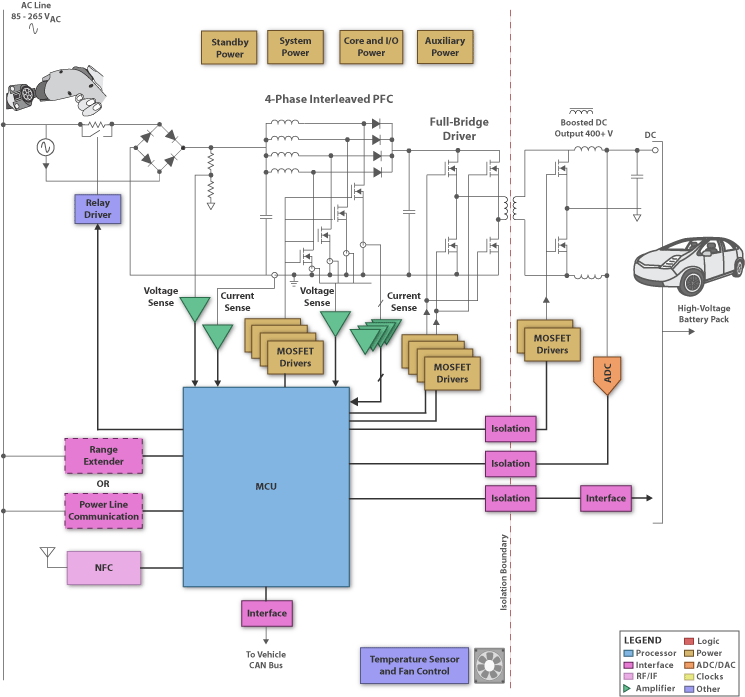SteveC5088
Well-known member
It is beginning to puzzle me why all the EVs these days haul around an on-board charger. In the Spark and Volt, it is quite an involved bit of machinery, in that it carries its own water-cooling system with reservoir, etc. etc. Not to mention the added expense and weight.
Furthermore, cars with the DCFC option completely bypass the onboard charger, which mainly converts AC 120 or 240 volts to the DC current required to charge the high-voltage battery. So why in the world can't they create a DC charger that people can install in their garage?
I realize the public fast charging stations require commercial 3-phase power (3 incoming power lines, which gives 3x the power over the residential 2-line single-phase 240 volt power). But why can't they build a 240-volt charger that simply limits itself to, say, 30 or 40 amps input, and output the required DC voltage at whatever current that allows? It would charge significantly slower than the commercial DCFC chargers, but could charge more that 2x faster than the onboard chargers using the L2 level.
Having a charger like that would enable people to charge their cars at home much faster than the rate set by the limited onboard chargers.
Furthermore, cars with the DCFC option completely bypass the onboard charger, which mainly converts AC 120 or 240 volts to the DC current required to charge the high-voltage battery. So why in the world can't they create a DC charger that people can install in their garage?
I realize the public fast charging stations require commercial 3-phase power (3 incoming power lines, which gives 3x the power over the residential 2-line single-phase 240 volt power). But why can't they build a 240-volt charger that simply limits itself to, say, 30 or 40 amps input, and output the required DC voltage at whatever current that allows? It would charge significantly slower than the commercial DCFC chargers, but could charge more that 2x faster than the onboard chargers using the L2 level.
Having a charger like that would enable people to charge their cars at home much faster than the rate set by the limited onboard chargers.









